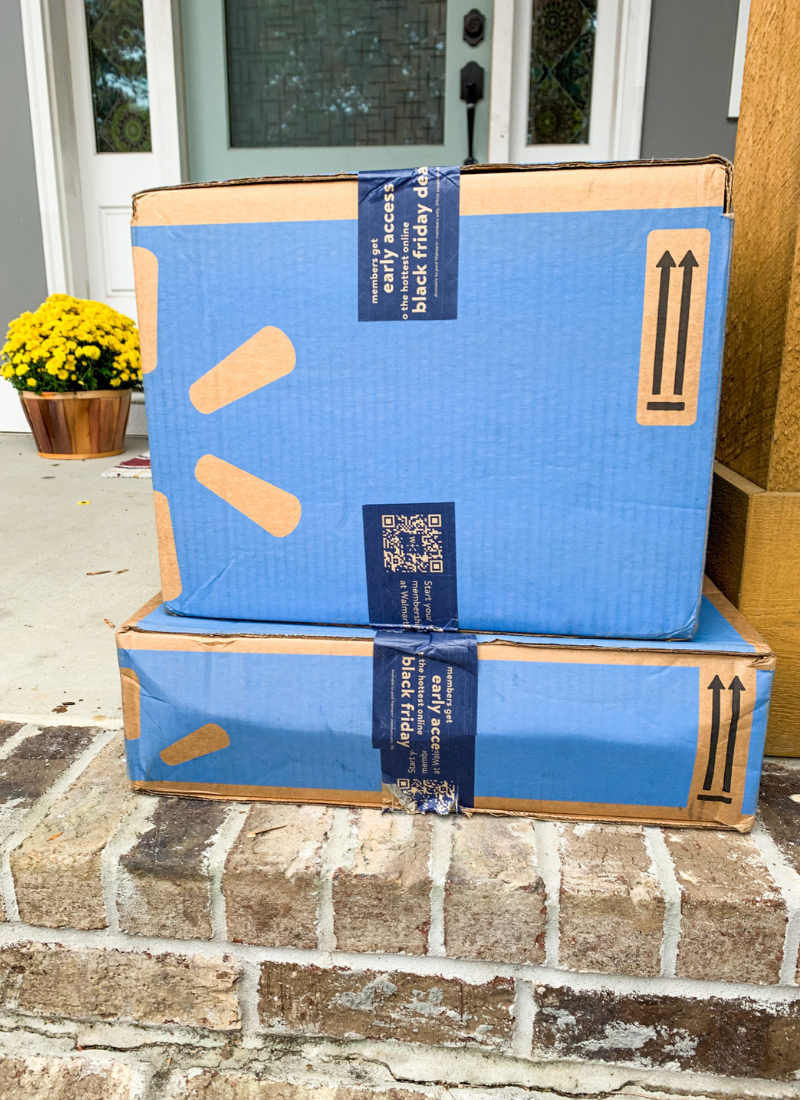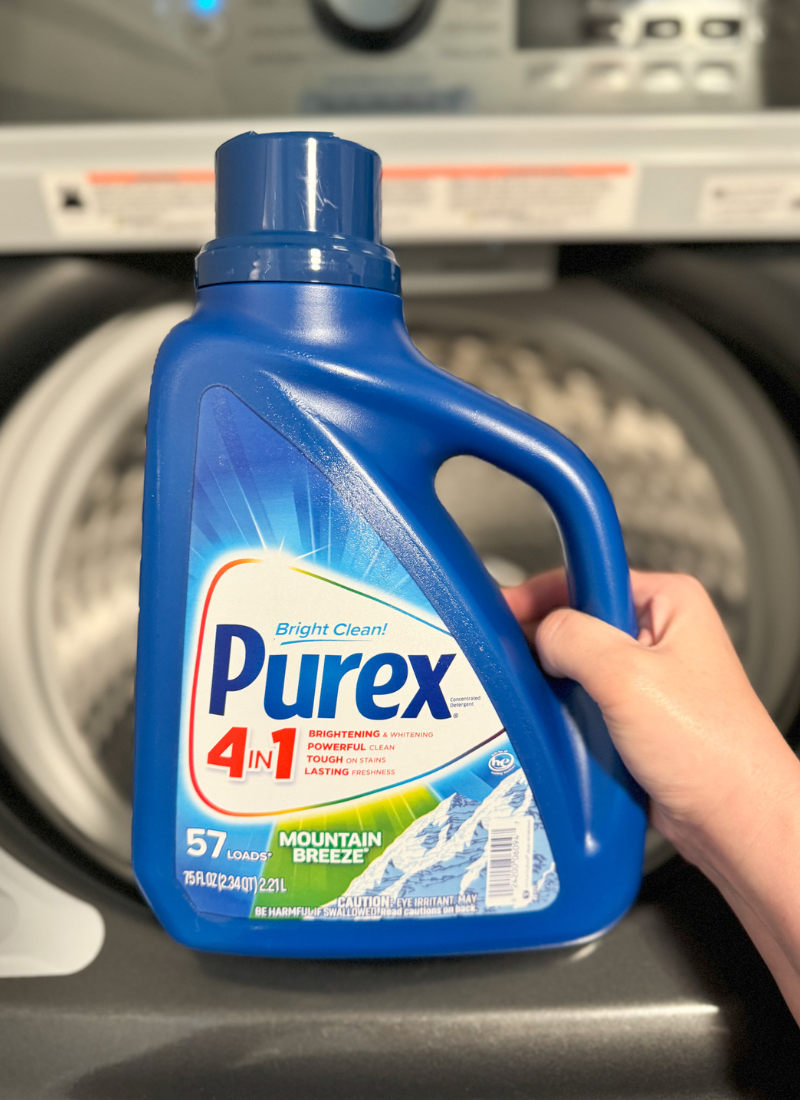The only true way to get out of debt, stay out of debt, and achieve financial freedom is to improve your cash flow.
Improving your cash flow simply means increasing the spread between income and expenses. Increasing this spread allows you to have more cash on hand so that you can do things like paying off a credit card, saving $5000 in 3 months, or investing in an exciting side hustle. And the great news is that these questions will help you to save money whether you bring home a lot or are living on a low income.
So the question becomes, “How do I increase my personal cash flow?”
There are a lot of different approaches. You could start by asking for a raise or picking up extra hours at your current job. You could also consider starting a side hustle to make more money. But, in general, you’re likely to find that it’s easier to get ahead by cutting expenses and living below your means rather than adding to your income.
Too often we buy things we don’t need and spend way more than we should on non-essential items. A 2018 study showed that consumers spend almost $6000 a year on impulse purchases [1]. That’s a pretty big chunk of change!
There are 6 crucial questions that you should ask yourself when you’re tempted to make an impulse purchase that could affect your cash flow. Answering those questions honestly will help you spend your money wisely and free up a lot of extra cash that you might have spent on things you don’t need.
This post may contain affiliate links which means that I may receive compensation at no extra cost to you if you make a purchase from a link found on my site. Please review my privacy policy for further details. As an Amazon Associate, I earn from qualifying purchases. Thank you for your support in allowing this site to continue!

Instantly Improve Your Cash Flow with These 6 Questions
1. “Can I do without?”
Whenever you feel the urge to spend. You should stop and ask yourself this simple question: “Can I do without?” Doing without could mean doing without a specific purchase indefinitely or just holding off until you can really afford it.
Stopping to ask yourself this question gives you time to pause, think, and decide if you truly need or want something. If you decide not to buy that new car, think of all of the money you saved! And, if you only pressed pause on buying that item, you just gave yourself more time to research options and find the best deal.
2. “Can I use what I have?”
We all have way more than we need. Too often we throw money at problems in life rather than looking for solutions right in front of us. Chances are you already have what you need!
For example, if you want to freshen up your home décor, you could upcycle an existing piece of furniture. If you think you really need a new wardrobe, you might try and dry clean something old, make new combinations of tops and bottoms, or even alter a garment for a fresh effect. All it takes is an open mind, a bit of creativity, and a commitment to increasing your cash flow.
3. “Can I DIY it?”
We absolutely love DIY! Rather than buying, have you considered making what you need? Of course, this won’t work for everything, but there are still plenty of things that we buy that we could make instead.
The good news is that there are tons of free DIY guides online. You can find them with a simple Google search, or you can discover creative and crafty ideas on sites like Reddit, Pinterest, and YouTube. One of our favorite DIY sites is Instructables. They have literally thousands of step-by-step guides on how to make anything you could imagine!
4. “Can I get it for free?”
If you decided that you need or really want to buy a specific item, then ask yourself, “Can I get it for free?” There are specific sections on Facebook Marketplace and Craigslist devoted to free items. You can also ask around and see if anyone is giving away the very thing you’re looking for. As they say, “One man’s trash is another man’s treasure!”
There’s no shame in free! If you’re trying to instantly improve your cash flow, look for all the opportunities you can to not spend money. Improving your cash flow from week to week will give you the chance to start making progress on things like paying off debt or increasing savings.
5. “Can I borrow it?”
We all have things that we own and only use occasionally. When you have a need, have you considered simply asking to borrow what you need from someone in your circle of family and friends? You can even formalize the process and create a sort of “Borrowing Club.” This would be a great way to not only save money but help others save money as well.
Borrowing is a great option for things like large tools. We all tend to own special-purpose tools that we only use once in a while. For example, if you pressure wash your house just once a year, do you really need to own a pressure washer? Chances are, you know someone who has what you’re looking for and would be willing to help if they knew you had a need. Ask! It’s not that hard. And it could save you a ton of money and easily improve your cash flow.
6. “Can I get it at a discount?”
Most of us jump right to this last question first. But we should really take each question in order when we’re tempted to make an impulsive purchase. If you’ve decided that you can’t do without, you don’t have what you need, you can’t make it yourself, you can’t find what you need for free, and you can’t borrow it, then you have to start thinking about how to get the best deal.
Our motto is “Never pay full price!” There’s really no reason to pay full price for anything. That goes for everything from clothing to cars and even houses. If you love a deal but don’t always have time to search them out, hop on over to Facebook and check out our HOT Deals Group. We post deeply discounted deals on popular brands all day, every day!
Well, you made it to the end! We’re glad that you took the time to read over these questions. Do you feel a bit challenged to think more deeply about your next big purchase? We hope so! And we hope that we’ve given you some simple tools to help you become a savvy consumer and, in the long run, improve your cash flow.





Leave a Reply